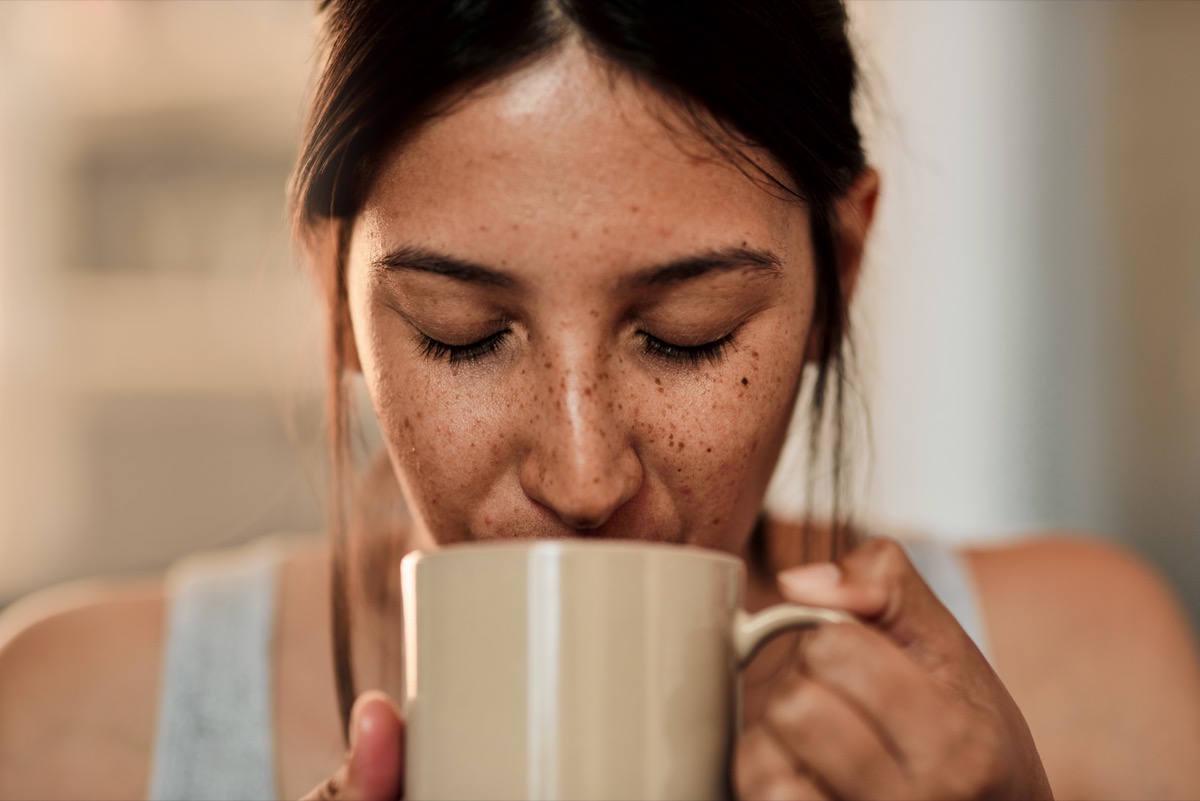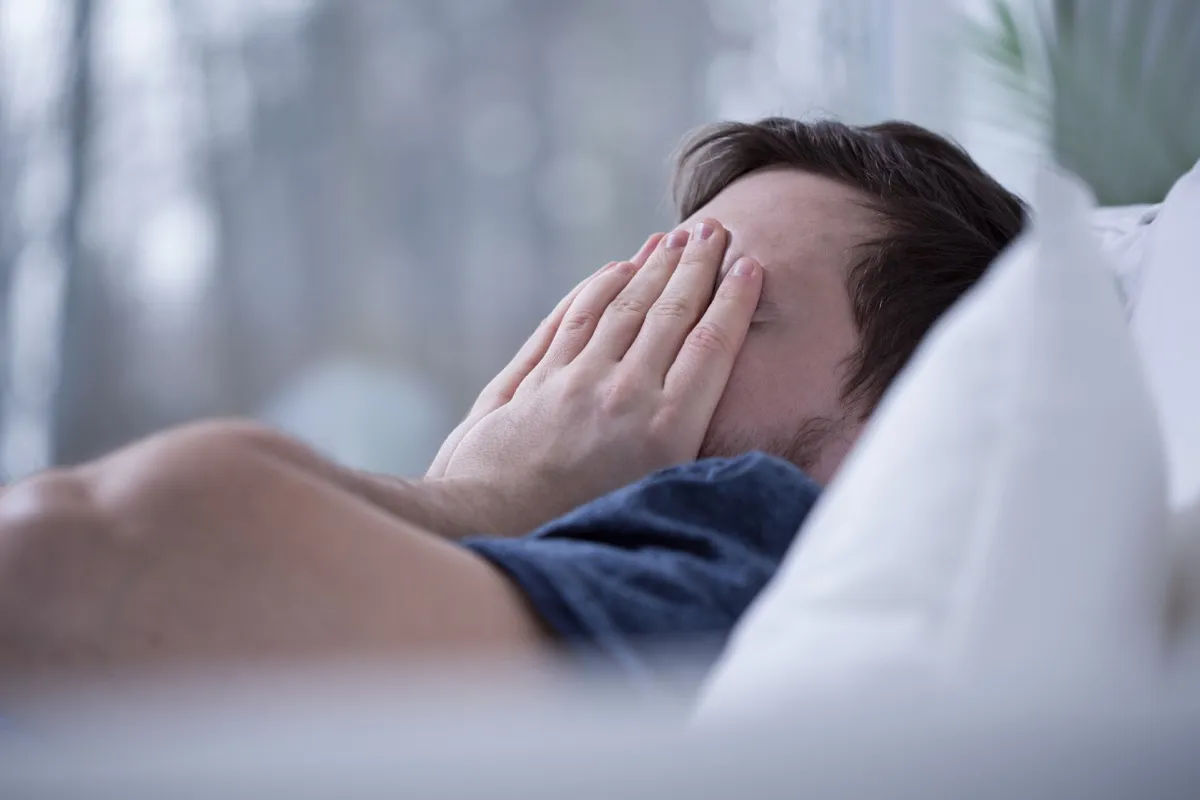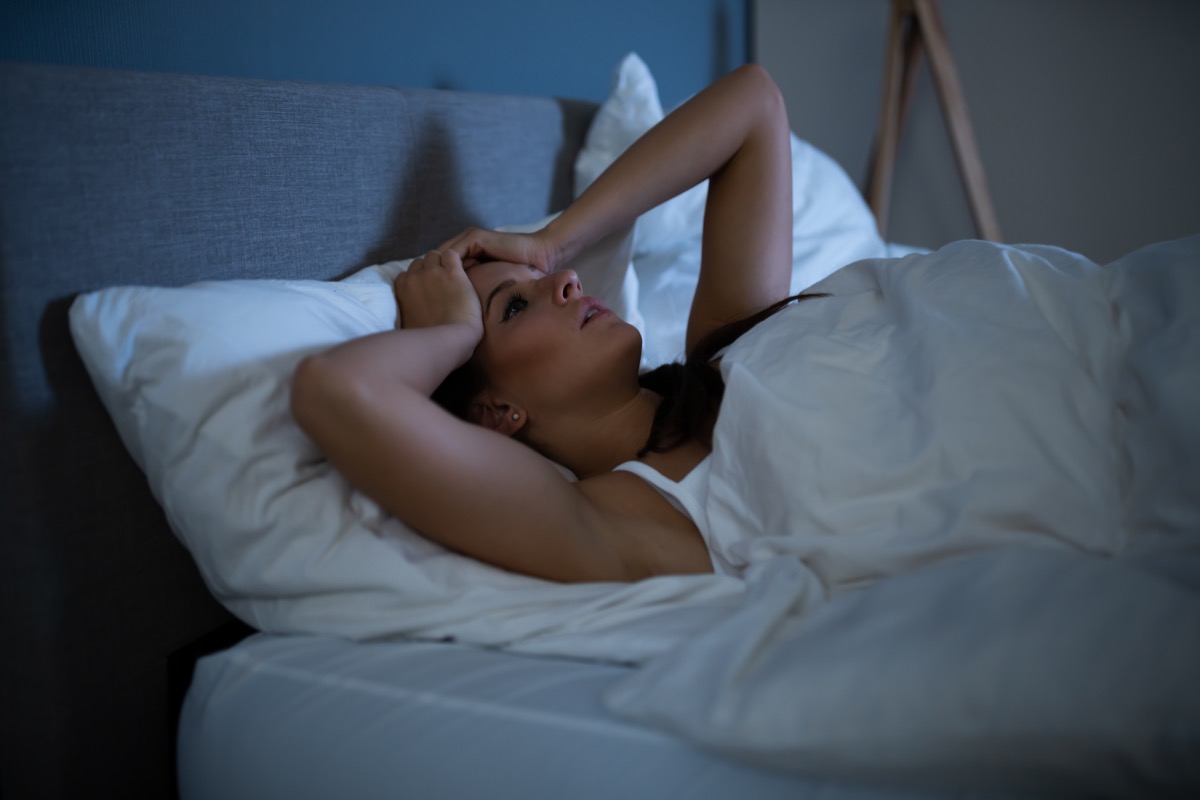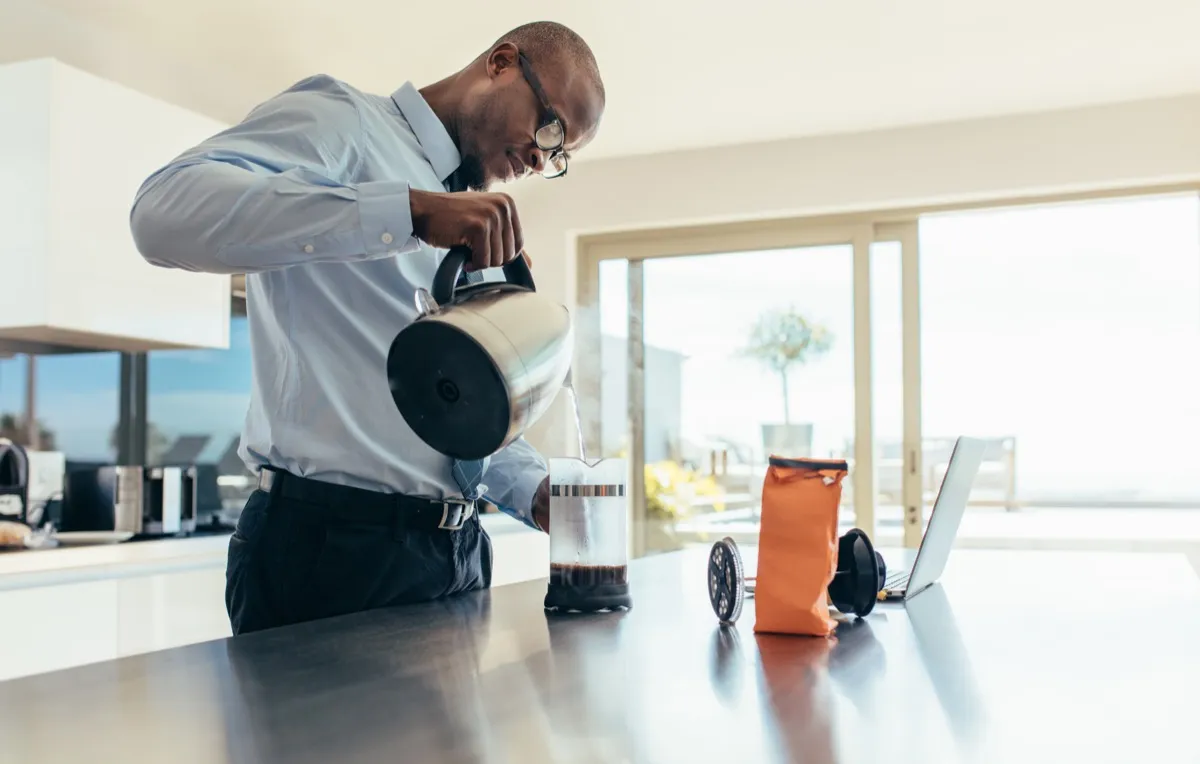Although decaffeinated coffee contains significantly less caffeine than fully caffeinated coffee, it still does contain some caffeine. “A common mistake coffee lovers make is assuming decaf is 100 percent caffeine-free. So, they drink multiple cups, thinking it’s alright. But this will add up,” says Sean Yew, specialty coffee barista and founder of The Hearty Brew. The decaffeination process removes at least 97 percent of caffeine. Yew says that decaf is made in different ways, “but generally, it involves soaking enormous batches of green beans in a chemical solvent (such as Ethyl Acetate), which strips the caffeine away from the beans.” However, since the process is done in such large batches, it’s not possible to remove the full amount of caffeine from each bean. “Rather, the process removes caffeine from the batch of beans as a whole—which is why you get that 97 percent, and even that is an estimate.” Most decaf coffee comes in at, on average, seven milligrams of caffeine in an eight-ounce cup, while regular caffeinated coffee packs about 70 to 140 milligrams of caffeine, according to Amy Goodson, RD, of Healthline. For advice on how to safely catch those zzz’s, check out 50 Tips for Sleeping Better Tonight, According to Experts. Although the amount of caffeine present in decaf coffee seems low, it could be affecting your sleep, especially for people who are sensitive to caffeine. Don Grant, MB, ChB, Bristol-based clinical lead at The Independent Online Pharmacy, says pregnant women, those on certain medications, and people who are generally sensitive to caffeine are more likely to experience disrupted sleep after drinking decaf coffee. “For susceptible individuals, even small amounts of caffeine could increase agitation, anxiety, heart rate, and blood pressure,” Goodson says. A 1996 study found that drinking five to ten cups of decaf coffee is equivalent to the amount of caffeine in one to two cups of regular caffeinated coffee. “If you have five cups of decaf before bed, you’re ingesting a fair amount of caffeine, which can definitely bring about adverse reactions, such as insomnia and jitters,” says Yew.ae0fcc31ae342fd3a1346ebb1f342fcb For more useful information delivered straight to your inbox, sign up for our daily newsletter.
Tom Bolland, coffee expert and founder of Happy Barista, explains that “caffeine has an incredibly long half-life,” which is the time it takes for the amount of a drug’s active substance to reduce by half in your body. “It takes around six hours before your body gets rid of half of the caffeine you consumed. So if you’re drinking a decaf at 8 p.m., and you go to bed at 10 p.m., there’s definitely going to be enough caffeine in your system for it to be slightly harder to fall asleep, as you’ve only given your body two hours to excrete the caffeine,” says Bolland. That’s why, if you’re sensitive to caffeine, you should stop drinking it at least six hours before you intend on going to bed. To see if your medication is keeping you up at night, check out If You Can’t Sleep, This OTC Medication Could Be Why, Experts Say. The U.S. Food and Drug Administration (FDA) points out that “decaf coffees and teas have less caffeine than their regular counterparts, but they still contain some caffeine.” The agency suggests that “if you react strongly to caffeine in a negative way, you may want to avoid these beverages altogether.” Signs that you’ve consumed too much caffeine include insomnia, jitters, anxiousness, fast heart rate, nausea, headache, and dysphoria. To see if your coffee consumption is putting you at risk, check out If You Drink This Much Coffee a Day, Your Heart May Be in Danger, Study Finds.



